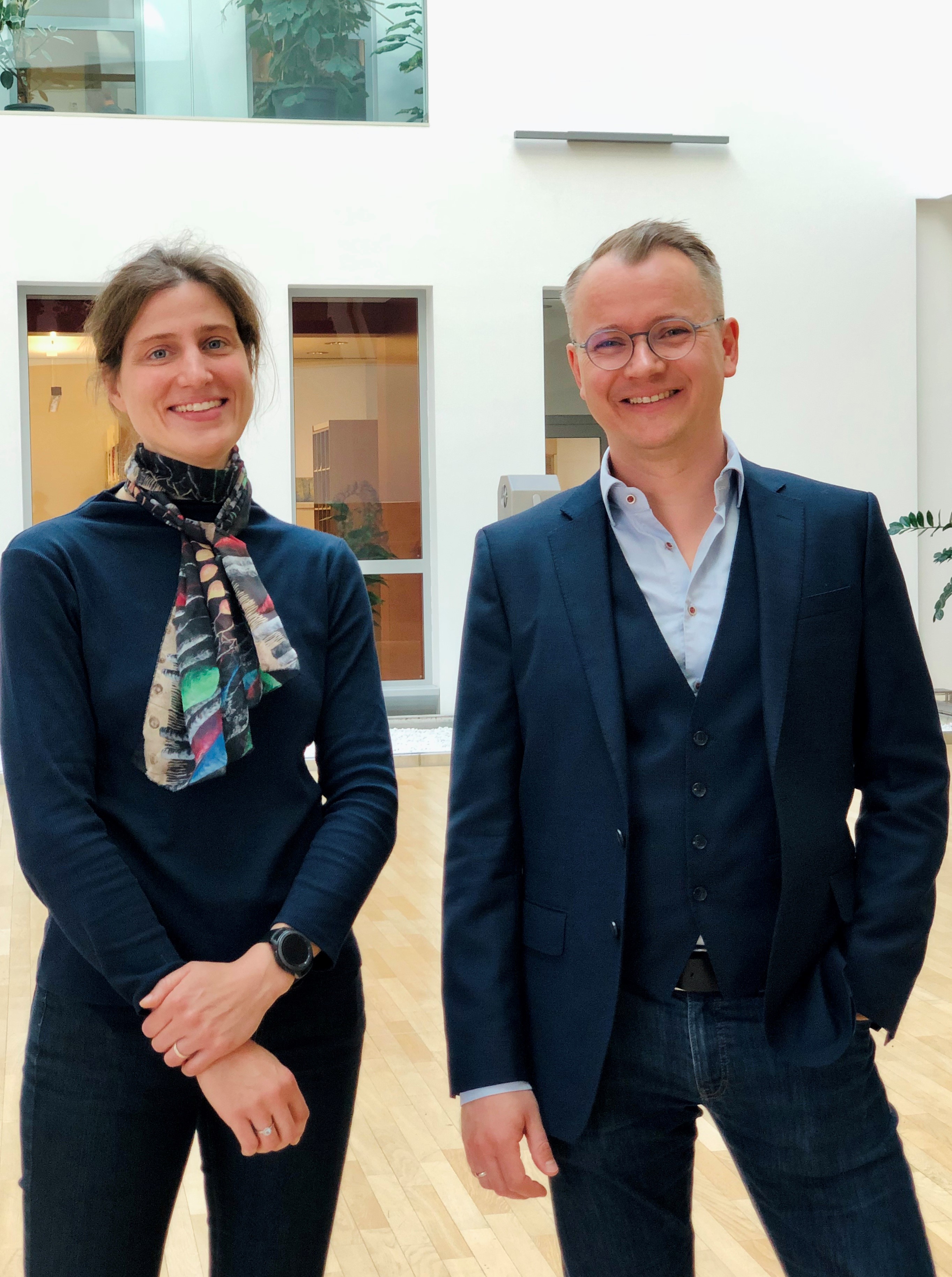In everyday life we make many experiences. These experiences are important because they teach us how our environment is structured and how best to respond to external changes. Our thoughts, however, regularly wander away from the environment to things that occupy us, such as making a shopping list while we are driving.
But is it still possible to perceive updates about the environment and react to important events? Contrary to previous assumptions, that in such moments attention is completely directed inwards and decoupled from the environment, Mandy Bartsch and Stefan Dürschmid have found that a marker for visual attention selection is actually increased. Therefore, they assume that the brain can even enhance certain attention processes when thoughts drift away to still perform the task at hand.
Mandy Bartsch and Stefan Dürschmid now want to use the funding in the LIN SpecialProject competition to jointly investigate how exactly the brain solves the problem: Does it intensify the selection of the desired information or does it rather try to suppress more disturbing stimuli? Above all, the team wants to find out what happens in our mind during "mind wandering" and which neuronal correlates are characteristic for the wandering of thoughts.
The LIN Special Project competition has been running since 2006. Young scientists of the institute can apply with original project ideas and, if successful, receive funding for a doctoral position and consumables for 3 years. The selection of the winning project is in the hands of the scientific advisory board of LIN.


